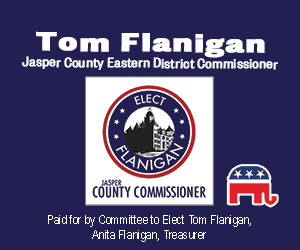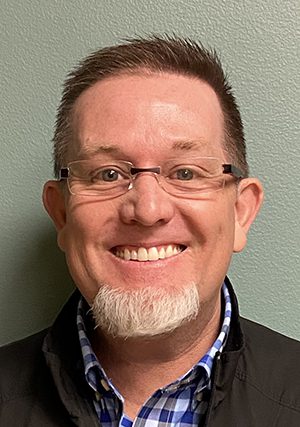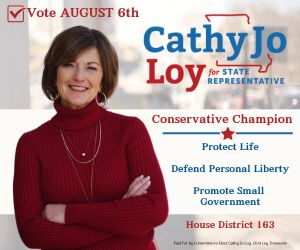As the Baby Boomer generation enters retirement, many face a troubling reality: rising debt. According to a study by the Employee Benefit Research Institute, the percentage of households headed by someone aged 75 or older with debt increased from 31.2% in 2007 to 38.5% in 2016. This trend is worrying as it can lead to financial instability and a lower quality of life in retirement. Therefore, it is crucial to take steps to curb rising debt for older adults.
One of the leading causes of rising debt for older adults is healthcare costs. As people age, they are more likely to develop health issues that require medical attention, and healthcare costs are rising. According to a report by the US Department of Health and Human Services, the average annual cost of healthcare for someone aged 65 or older is $11.3k. The cost of healthcare will likely increase as people live longer and require more medical attention.
Steps must be taken to reduce healthcare costs to curb the rising debt for older adults. One way to do this is to stay healthy. Eating a nutritious diet, exercising regularly, and avoiding unhealthy habits like smoking can help prevent chronic health conditions and reduce the need for medical care. Additionally, preventative services like vaccinations and screenings can catch health issues early when they are easier and cheaper to treat.
Another way to reduce healthcare costs is to use healthcare savings accounts. These accounts, which include Health Savings Accounts (HSAs) and Flexible Spending Accounts (FSAs), allow people to save money tax-free for medical expenses. By contributing to these accounts regularly, older adults can have a cushion of funds to cover medical costs, reducing the need to rely on credit cards or loans.
Another cause of rising debt for older adults is living expenses. As people age, they may need to modify their homes to make them more accessible and safe. Additionally, the cost of utilities and other necessities can increase over time. Older adults can take advantage of cost-saving measures like energy-efficient appliances, weatherization, and government assistance programs like the Low-Income Home Energy Assistance Program (LIHEAP) to reduce living expenses.
Another way to reduce living expenses is to downsize. An older adult living in a large home may be spending more money on maintenance and utilities than they need to. Moving to a smaller, more affordable home can reduce these costs, freeing up money to pay down debt.
In addition to minimizing expenses, increasing income is crucial. For older adults who can still work, working part-time or engaging in freelance work can provide extra income to help pay down debt. Additionally, taking advantage of government assistance programs like Social Security and Medicare can provide a stable source of income and reduce healthcare costs.
Finally, older adults need to seek help if they struggle with debt. Many non-profit organizations offer free financial counseling services to help people recover their finances. Additionally, debt consolidation programs can help people manage their debt by combining multiple payments into one monthly payment.
Rising debt for older adults is a worrying trend that can lead to financial instability and a lower quality of life in retirement. Older Americans must reduce healthcare costs, reduce living expenses, increase income, and seek help to solve the debt issue. By taking these steps, older adults can enjoy a more secure and stable retirement, free from the burden of debt.
- The percentage of Baby Boomers carrying debt has increased.
- Increasing debt erodes retirement savings and lowers quality of life.
- Healthcare costs are the leading debt expense for seniors.
- Home maintenance and other costs associated with living are eating away at budgets and savings.
Brad Pistole, a native Missourian, is a member of Syndicated Columnists, a national organization committed to a fully transparent approach to money management. Syndicated Columnists is the sole provider of this material, both written and conceptual, for this column. All rights reserved.
Trinity Insurance & Financial Services Inc. 5511 N. Farmer Branch Rd., Suite 101, Ozark, MO 65721. 417-581-9222 Brad Pistole (retirevillage.com)


















